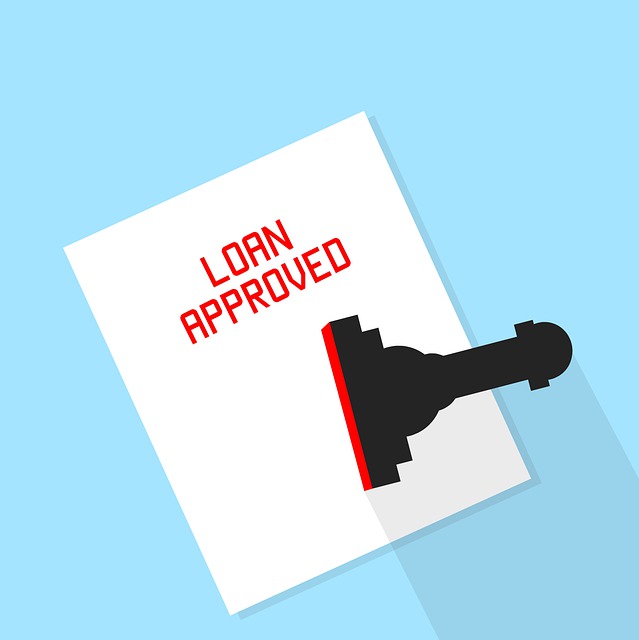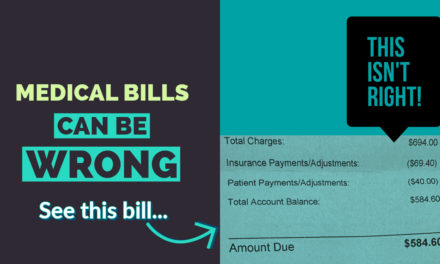To cosign or not cosign on a loan – that is the question. You may be wondering what it means to cosign anyway. When you cosign on a loan, you are signing your name in agreement with the financial terms jointly with someone else. As a cosigner, you are equally responsible for making the payments on the loan. It’s worth repeating this important point cosigners are equally responsible for making the payments on the loan. That’s why the new loan will appears on your credit report.
Investopedia defines what it means to cosign on a loan as follows:
To cosign is to sign jointly with a borrower for a loan. A cosigner takes on the legal obligation to be a backup repayment source for the loan and, as such, reduces the risk for the lender and helps the borrower obtain a loan.
A cosigner can also help a borrower obtain more favorable loan terms than they might otherwise have been approved for. Having a cosigner can also help the borrower qualify for a higher amount of principal.
Why Do People Ask You to Cosign on a Loan?
There are many reasons why someone may ask you to cosign for him/her on a loan. For example, some people may need a cosigner to get a loan or more favorable credit terms (e.g., lower interest rate) because they have a limited credit history. On the other hand, someone with a bad credit may need a cosigner to get loan approval. Period.

Lenders review your credit (score, report) because it shows them your level of creditworthiness. Your credit report reveals if you:
- Pay your bills on time
- Borrow too much money
- Overspend
Reviewing your credit gives lenders a glimpse into how you handle your finances (amount of debt, payment history). They use this information to make lending decisions.
If someone with bad credit asks you to cosign on a loan, you may want to think twice before saying “Yes.” Are you willing to sacrifice your credit history if they can’t pay? Is this someone you trust to keep his/her financial commitment? Or is it a payment you can afford to make when they can’t?
Will You Cosign on the Dotted Line for My New Ride? Not so fast… (true story!)
Someone told me about a friend who got into the investigative business after cosigning a loan. The reason why might surprise you. We’ll call her friend Misty. Misty decided to help a friend and cosigned on a luxury vehicle. That friend promised to make the car payments on time.
And Misty believed her because that friend lived in a great big house and was married to a doctor. In the beginning, she was making the car payments as promised. Unfortunately, that friend decided to sell her home and move out of town with the car.
That’s when the problem began. Misty’s friend didn’t bother to give her any new contact information, and she stopped making the car payments after she left town. Can you imagine if this happened to you?
Misty was stressed out about it! And she was stuck being responsible for making high car payments on a vehicle better than her own. Misty decided to get into the investigating business to find out where her friend had moved. She discovered her so-called friend lived hundreds of miles away and was still driving the car (payment-free). Misty finally got the vehicle back, only to sell it for thousands of dollars less than the amount due on the loan — that she now owed.
Image: Pixabay




